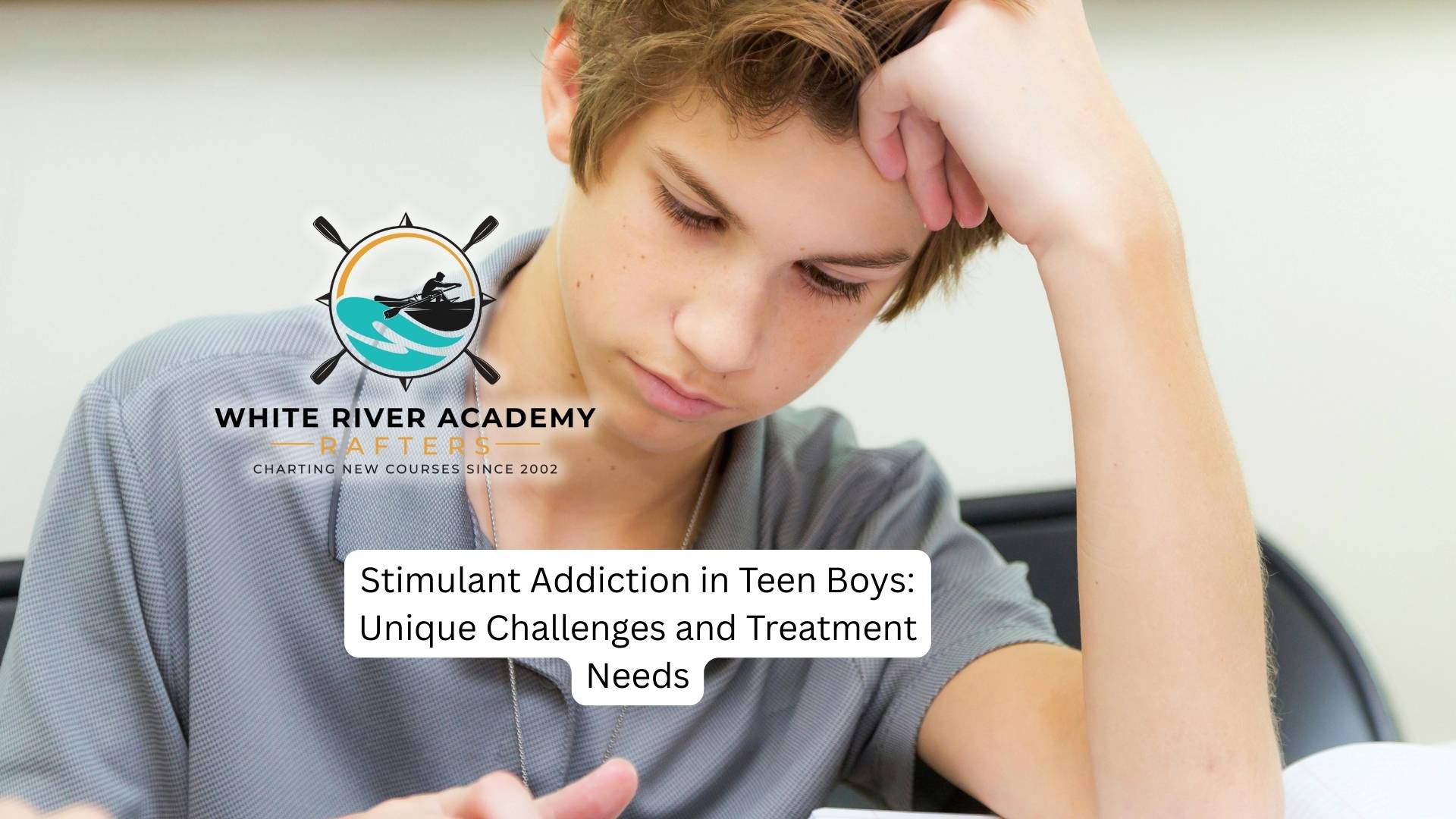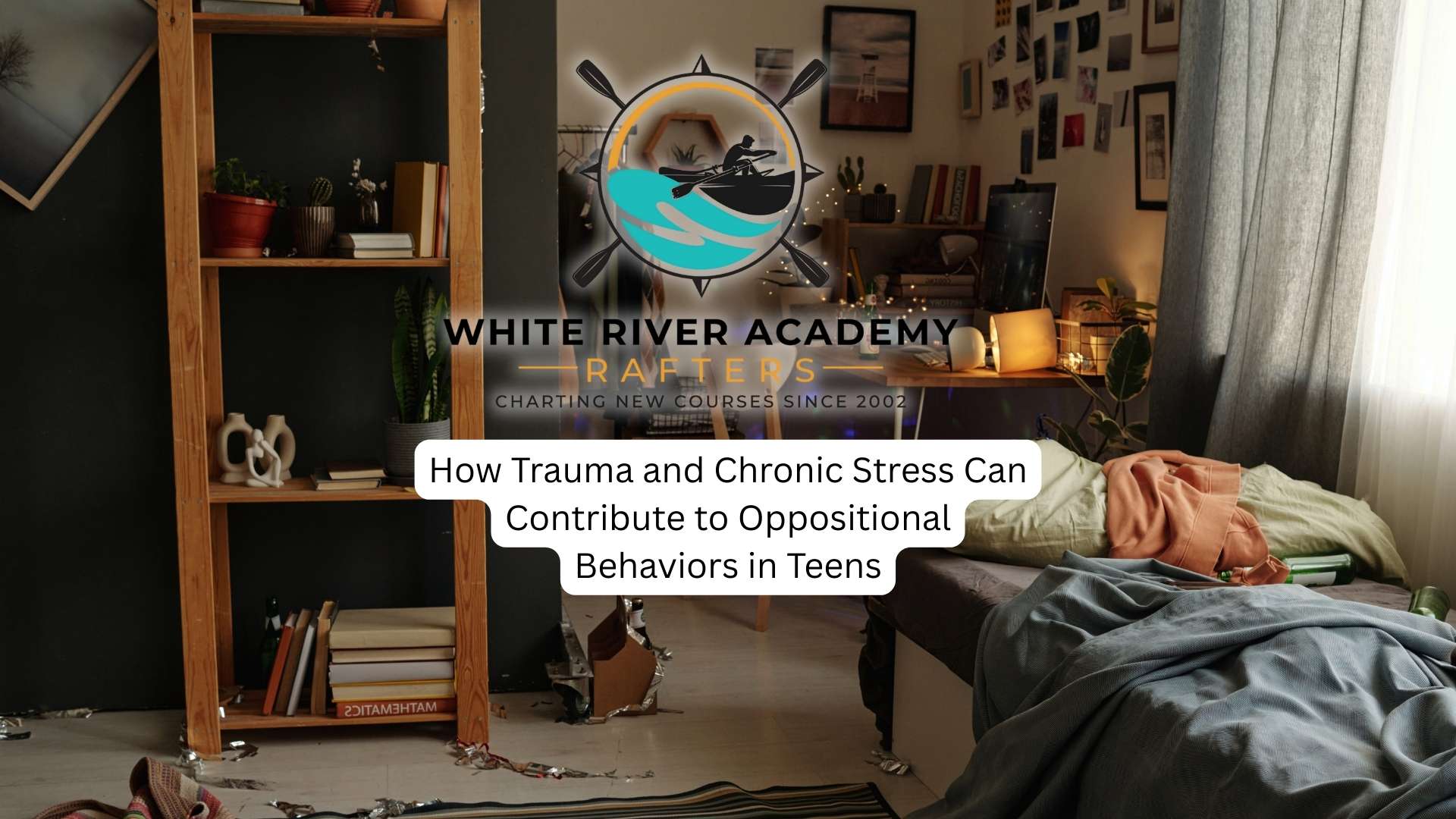Resilience – the capacity to recover from setbacks, adjust to new circumstances, and flourish in the face of challenges – is more than just an admirable quality; it’s a crucial life skill. For adolescents steering through the tumultuous seas of teenage years, cultivating resilience can make the difference between crumbling under stress and navigating life’s tempests with self-assurance and poise.
In this article, we’ll showcase the practical techniques and perspectives to assist teenagers in strengthening their resilience muscles.
Foster Open Communication and Emotional Expression
When you foster a safe environment where teens feel comfortable expressing their emotions, you’re supporting their mental health and ability to cope with challenges.
Actively listen and validate their experiences to strengthen trust and connection, which are essential for building resilience. Teach them to articulate their feelings to develop emotional awareness and regulation skills.
Provide opportunities for non-judgmental sharing to enhance their ability to process difficult emotions and seek support when needed. Introduce alternative methods of expression, like journaling or art, to facilitate healthy coping with stressors.
Keep in mind that building resilience as a teen is a journey, and sometimes that journey requires specialized support.

Encourage Self-Compassion and Positive Self-Talk
Encourage young people to treat themselves with kindness and understanding during tough times, as this can significantly reduce feelings of inadequacy and promote emotional well-being.
Help them develop positive self-talk by challenging negative thoughts and replacing them with affirming statements that foster a growth mindset. Research shows that practicing self-compassion can lead to lower levels of anxiety and depression in adolescents, ultimately enhancing their resilience.
Guide teens in recognizing and celebrating their strengths to bolster their self-esteem, making them more resilient when facing difficulties. Regularly engaging in self-reflection and acknowledging personal achievements will reinforce a positive self-identity and cultivate a more resilient outlook on life.
Teach Conflict Resolution and Teamwork Skills
Engage teens in role-playing scenarios to build skills in addressing disagreements, encouraging active listening, and finding mutually beneficial solutions.
Team-based activities teach resilience by allowing teens to practice compromise, share responsibilities, and develop problem-solving abilities. Reflect on past conflicts to help them recognize behavior patterns and adapt approaches in the future.
Reinforce the importance of empathy in teamwork to promote understanding and respect for differing perspectives, which is essential for building healthy relationships.
Guide Goal Setting and Celebrate Successes
Encourage teens to set SMART goals to clarify their objectives and create a roadmap for success. Regularly review these goals together, making adjustments as needed to ensure they remain achievable and relevant.
Building resilience means recognizing progress, so celebrate milestones along the way, no matter how small. Help them reflect on their journey, highlighting the lessons learned from both triumphs and setbacks.
Emphasize that challenges encountered during hard times are opportunities for growth and development. By fostering a growth mindset and acknowledging their efforts, you empower teens to persevere and thrive, even in the face of adversity.
Create a Supportive Environment for Learning and Growth
Designate a personal space for your teen to relax and de-stress, encouraging emotional development and processing.
Maintain open communication to foster trust and connection, allowing them to express their feelings without judgment.
Engage your teen in community activities and extracurricular programs to enhance their social skills and build a supportive network, contributing to their resilience.
Model healthy coping strategies and prioritize self-care to inspire your teen to adopt similar practices, reinforcing their ability to manage stress and adapt to change.
Final Thoughts from White River Academy
For parents and guardians of troubled teenage boys who are seeking a comprehensive approach to fostering resilience and addressing behavioral challenges, White River Academy in Utah offers a unique solution. Our residential program combines experiential learning, academic curriculum, community service, and targeted therapies to create a structured environment where troubled teens can confront their issues, develop crucial life skills, and build the resilience necessary for a successful transition into adulthood.




